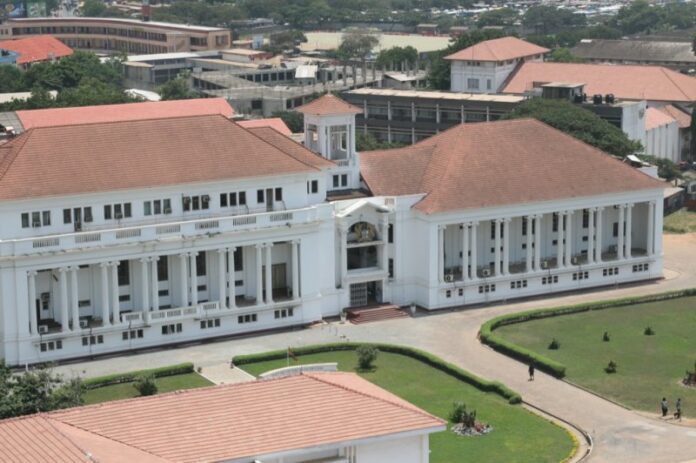The Ministry of Chieftaincy and Religious Affairs has asked all parties involved in the recent Bawku chieftaincy deadlock to follow a Supreme Court order and enable peace to reign in the region.
It also asked all parties involved in the conflict to refrain from acts and statements that might exacerbate tensions and bloodshed in the region. There have been repeated confrontations between rival factions, with reports of gunfire, which have resulted in several deaths and property devastation.
The Ministry, in a statement signed and issued by Mr Ebenezer Kojo Kum, the Sector Minister, on President Nana Addo Dankwa Akufo-instructions Addo’s and copied to the Ghana News Agency in Accra on Wednesday, said claims that Bawku lacked an overlord and attempts to install a new Bawku Naba ran counter to the Supreme Court’s already determined position on the issue.
- Supreme Court upholds motion to remove judge in Opuni trial
- Chief Justice commends Akatsi South Assembly for court building
“The status of the Paramount Chief of Bawku has been settled by the Supreme Court of Ghana in the celebrated case in April 2003.
“Indeed, the judgments of the Supreme Court, the highest court of the land, are meant to be complied with and not subject to the opinions of any individuals or groups to pick and choose whether to abide by the judgments or not,” the statement said.
It noted that until or unless a decision of the Supreme Court was varied or set aside, that decision was binding on all parties.
The statement said, per the list of members of the Upper East Regional House of Chiefs with its regional house at Bolgatanga, the Paramount Chief of Bawku and the current occupant of the skin was Naba Asigri Abugrago Azoka II, who was enskinned on April 24, 1984, and thus became the President of the Kusaug Traditional Council.
“It is our expectation that all parties will abide by the decision of the Supreme Court and let peace prevail in Bawku,” the statement said.
It assured of the government’s resolve to ensure that persons holding offices legitimately were uninhibited from performing their roles and functions, adding that the security agencies had been authorised to take all necessary steps to ensure that law and order was fully enforced and that any person in breach of the peace would be brought to book.

